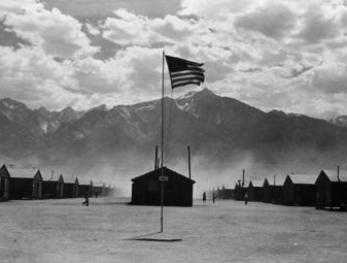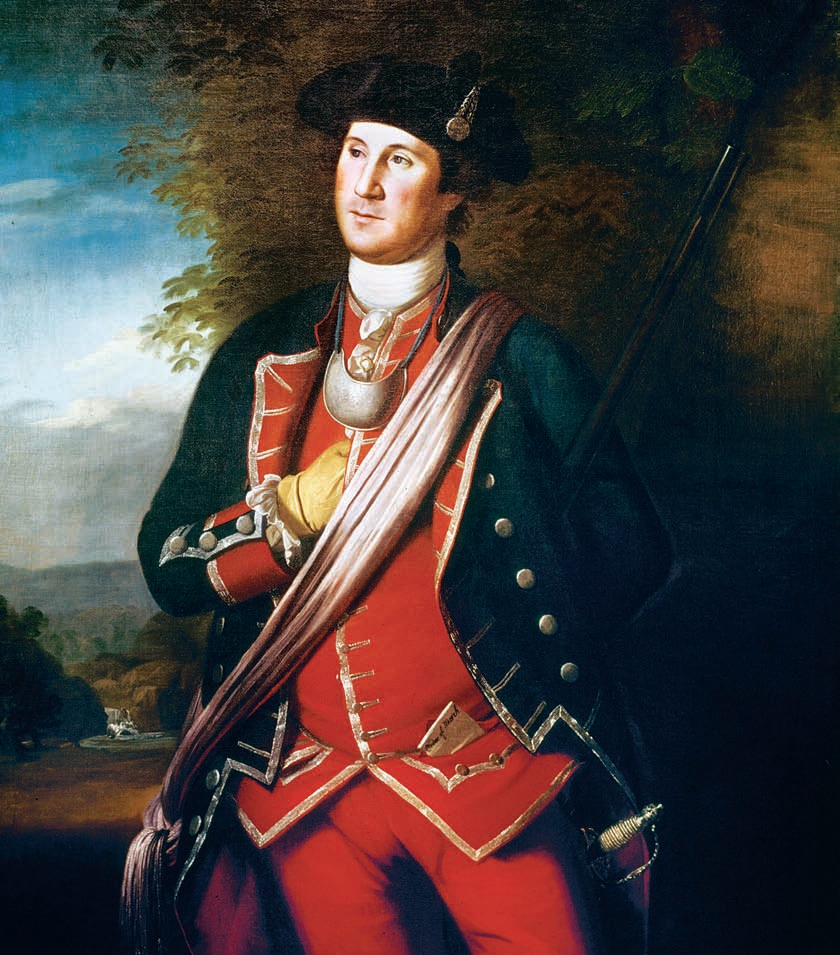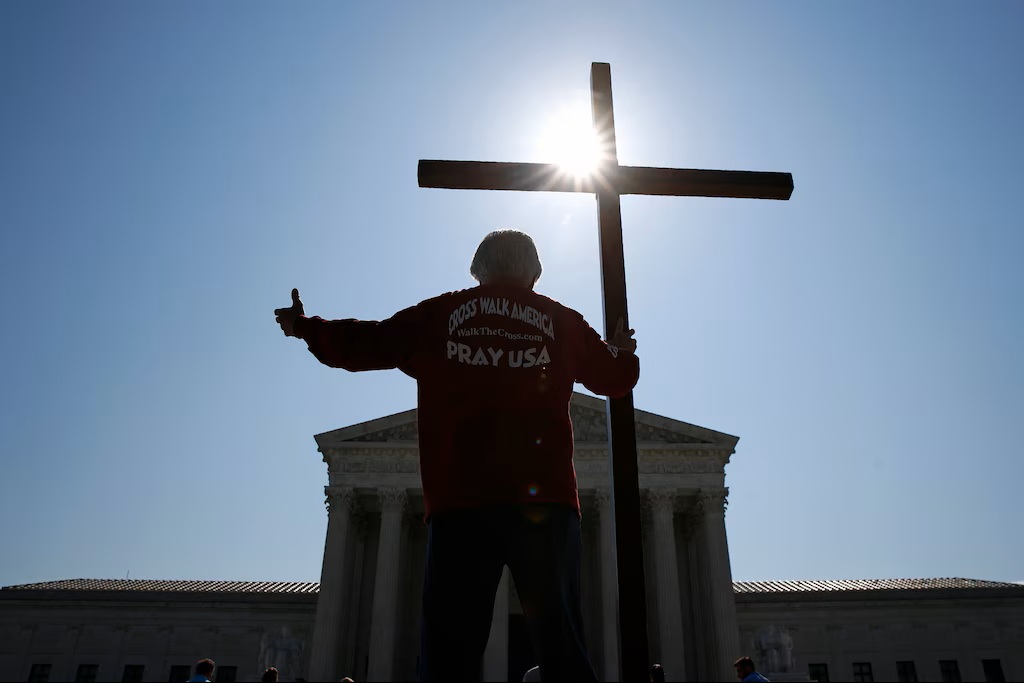How long does it take to correct a wrong?
On December 7, 1941, the Japanese attacked the United States Naval Base at Pearl Harbor. Two months later, President Franklin Roosevelt signed United States Executive Order 9066;an order that moved approximately 120,000 Japanese Americans into 10 internment camps located in Arizona, Arkansas, California, Colorado, Idaho, Utah and Wyoming.

FBI Director J. Edgar Hoover argued against the order because he felt certain that all Japanese spies had been rounded up by the FBI shortly after Pearl Harbor. First Lady and human rights advocate Eleanor Roosevelt was said to have spoken privately with her husband, many times, about not signing the order but was unsuccessful.
It wasn’t until 1976 that President Ford rescinded the order, and 1980 when President Carter signed legislation to conduct an official governmental study (the Commission on Wartime Relocation and Internment of Civilians) on the impact wartime orders had on Japanese Americans. The Commission’s report concluded that the decision to arrest and place Japanese Americans in internment camps was based on “race prejudice, war hysteria, and a failure of political leadership.” The Commission recommended that the government make an official apology and reparation payments of $20,000 to every surviving internee or their family.
In signing the Civil Liberties Act of 1988, President Ronald Reagan said, “Yes, the nation was then at war… yet we must recognize that the internment of Japanese Americans was… a grave violation of civil liberties and a blot on America’s commitment to constitutional rights.”
During that same year, the Civil Rights Act awarded the cash settlement along with a formal apology from President George H.W. Bush.
“A monetary sum and words alone,” Bush wrote in his letter, “cannot restore lost years or ease painful memories; nor can they fully convey our Nation’s resolve to rectify injustice and to uphold the rights of individuals. We can never fully right the wrongs of the past. But we can take a clear stand for justice and recognize that serious injustices were done to Japanese Americans during World War II.
“In enacting a law calling for restitution and offering a sincere apology, your fellow Americans have, in a very real sense, renewed their traditional commitment to the ideals of freedom, equality and justice. You and your family have our best wishes for the future.”
Now, another step in the process of redress has taken place.
According to the Associated Press (May 13), “More than 70 Japanese-Americans whose college careers at California State University campuses were derailed when they were sent to World War II internment camps are getting their diplomas.
“Six CSU campuses are awarding honorary degrees over the next three weeks to former students who were unable to complete their studies.
“Some of the aging alumni plan to attend the special commencement ceremonies. Those who are deceased or unable to travel will be represented by their families.
“Both the Cal State system and the University of California last year decided to belatedly honor the estimated 950 students who were forced to leave college in 1942 for internment camps throughout the West.”
How long does it take to correct for a wrong?
The Jewish expression tikkun olam (repairing the world) reminds us of our duty to correct the wrongs of the past regardless of time. In honoring the 950 Japanese American students removed from college in 1942, we not only accept responsibility for the injustices committed, but affirm the importance of respect and fairness towards others.
Comments











